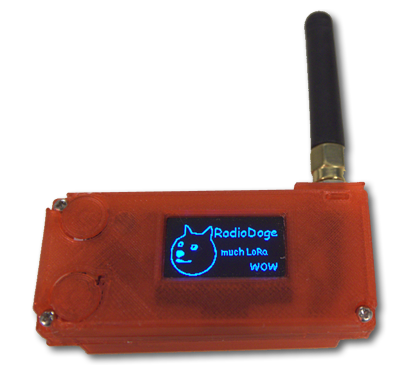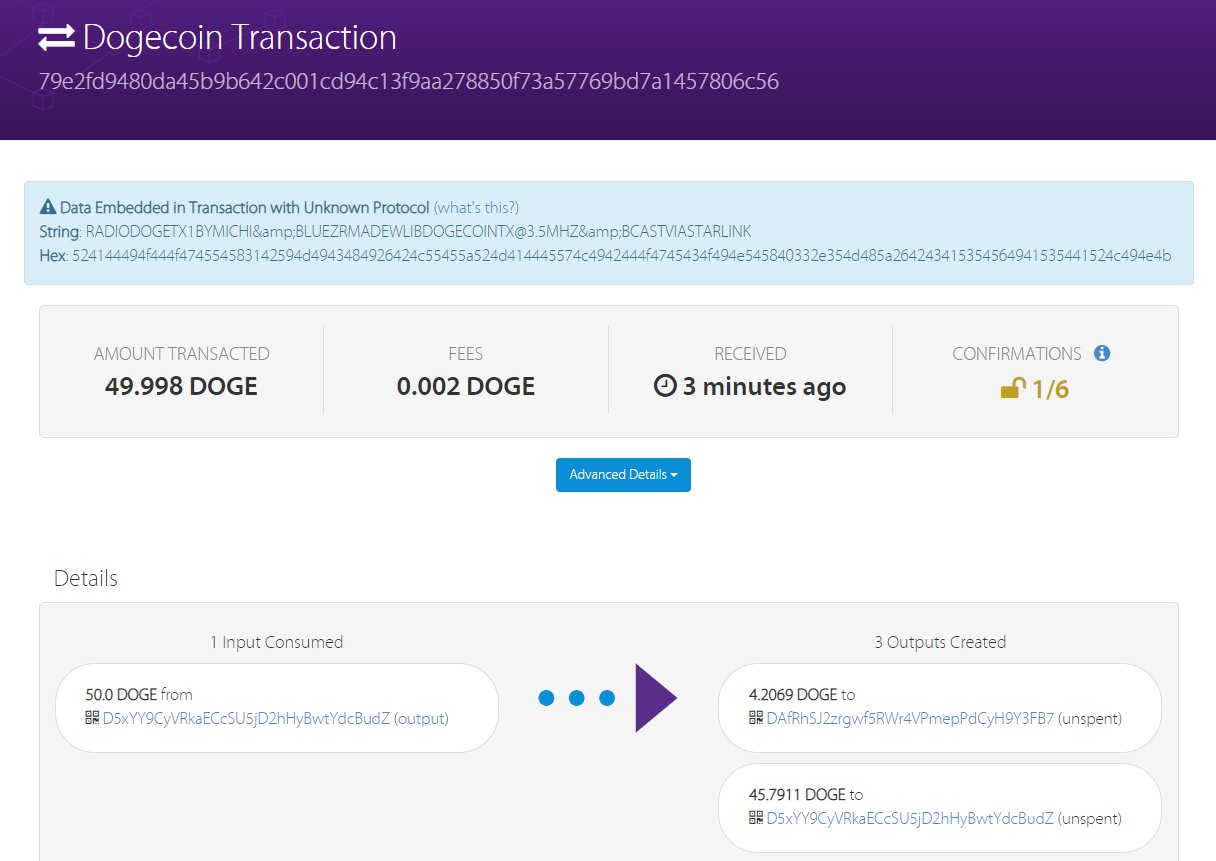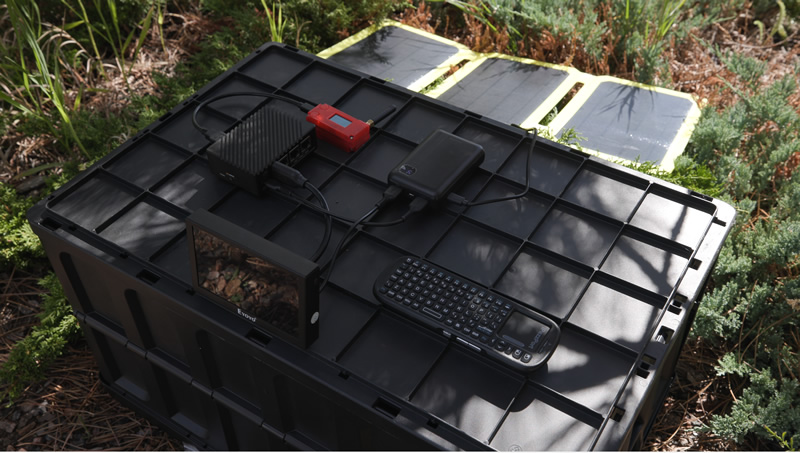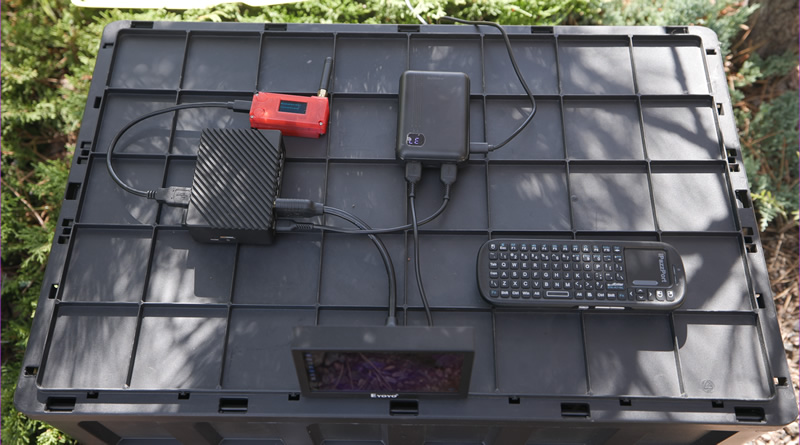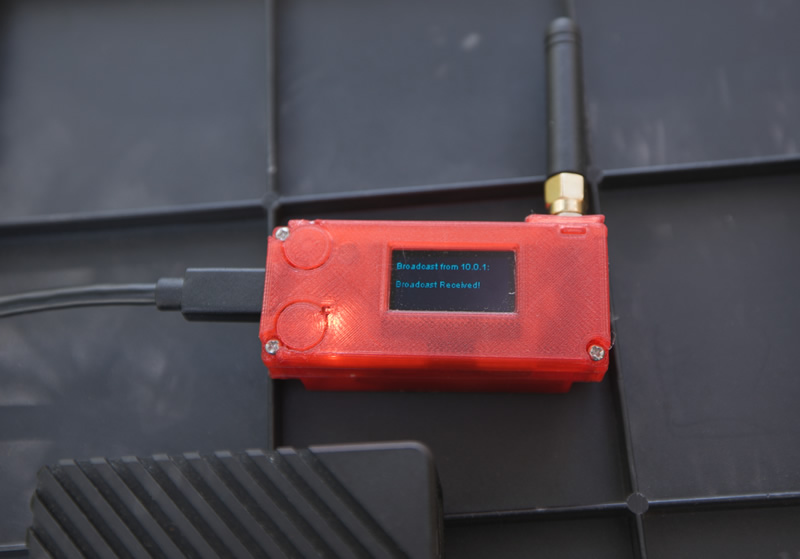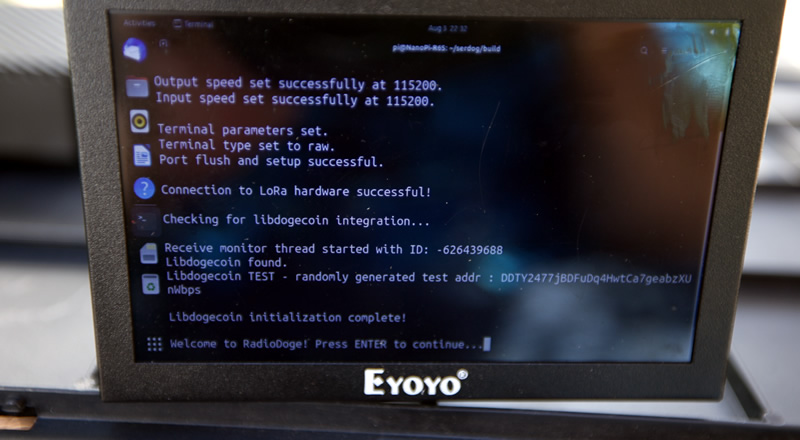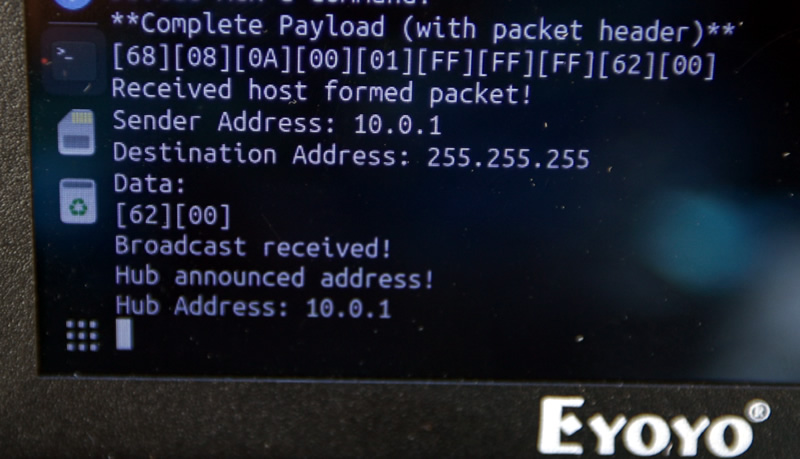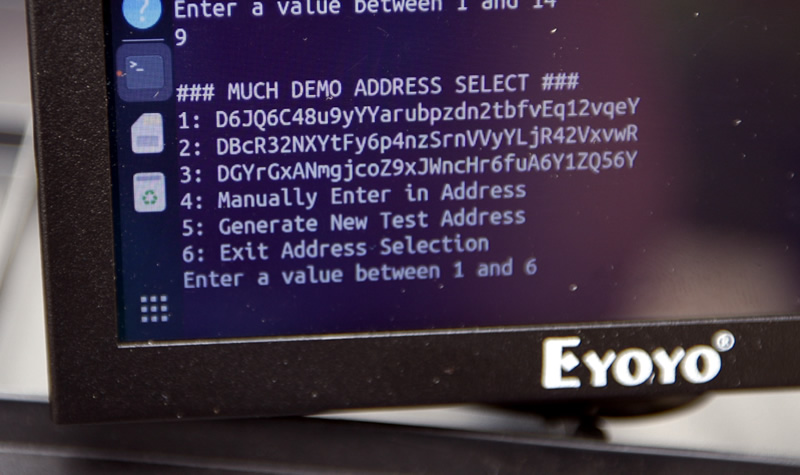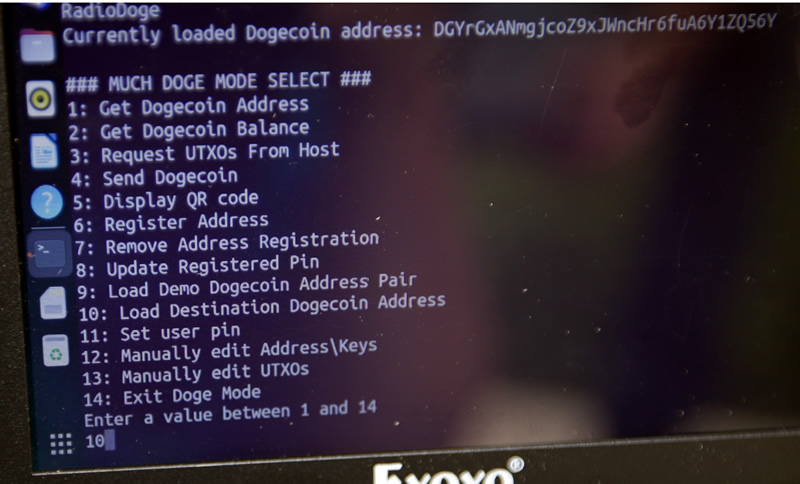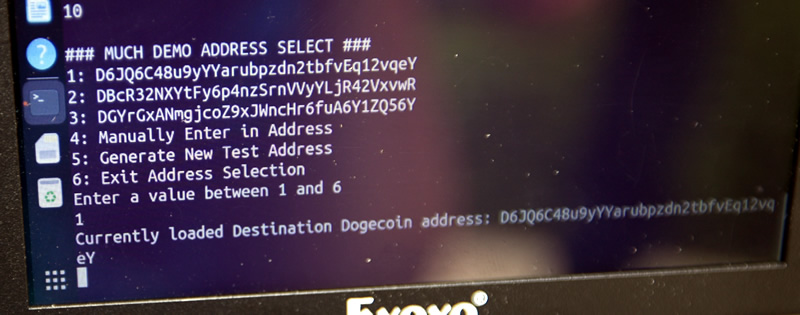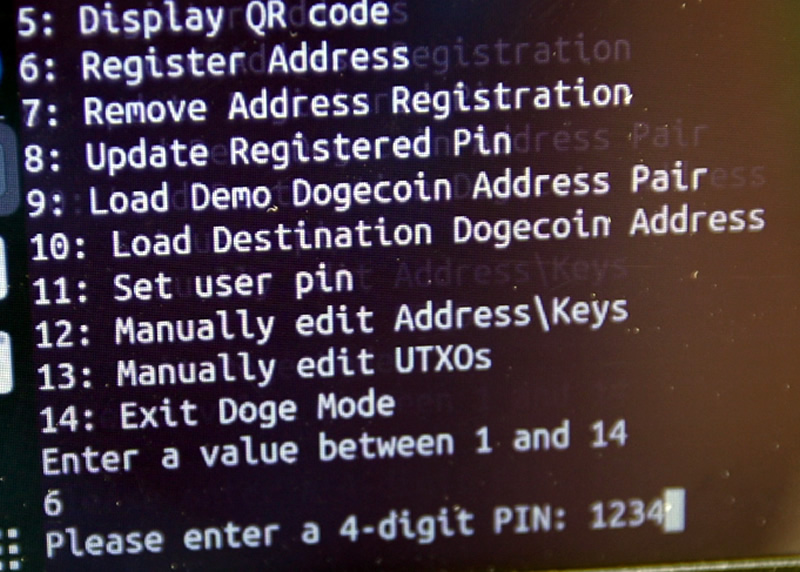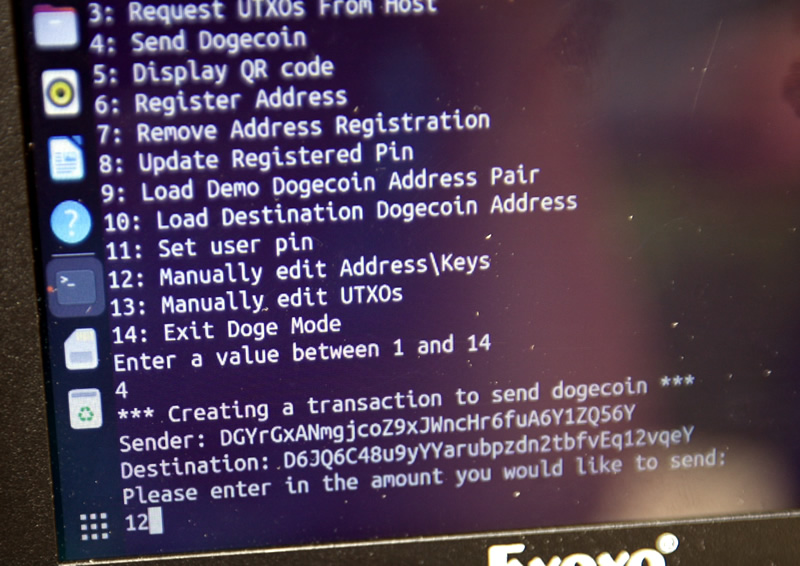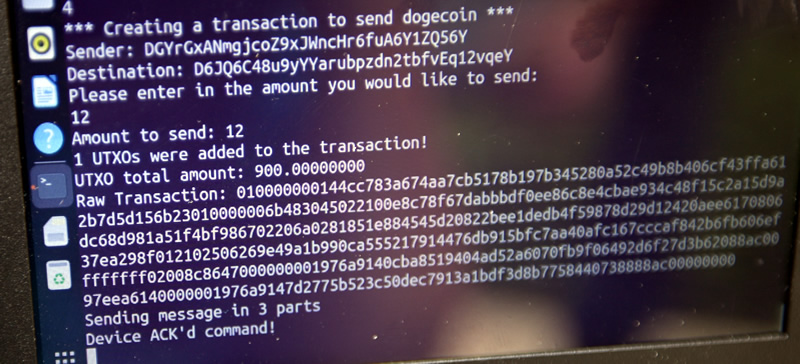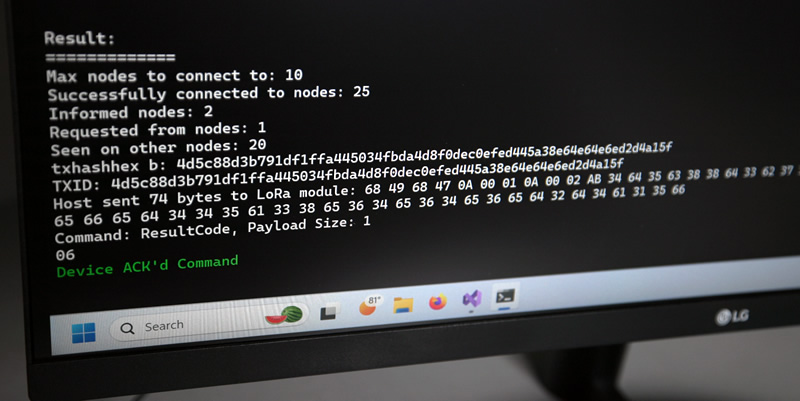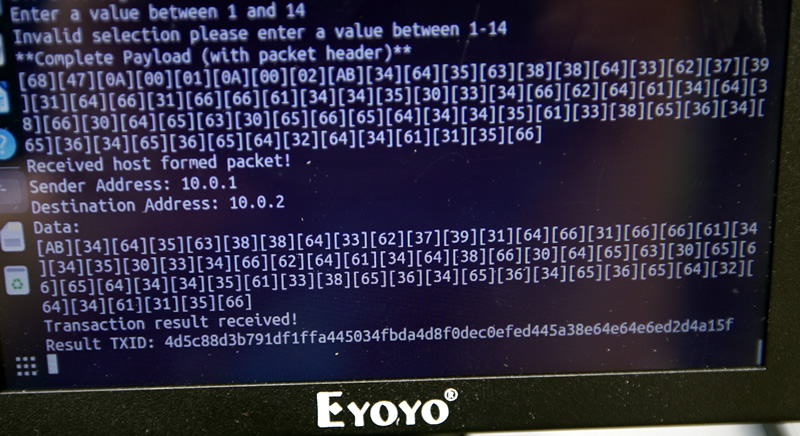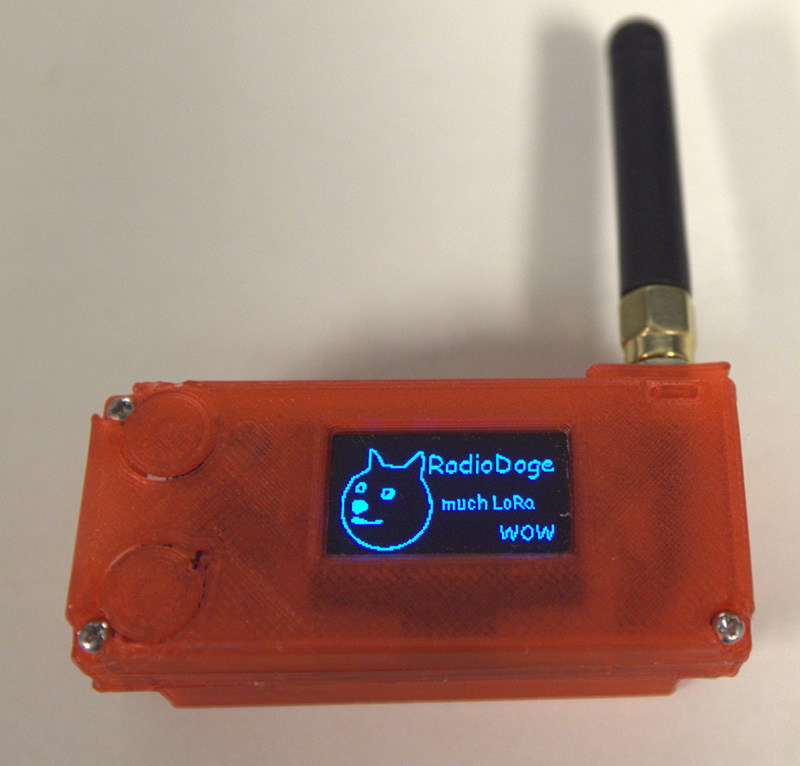RadioDoge Bridging the Gap to Financial Inclusion
The RadioDoge project is committed to advancing financial inclusion for the 1.7 billion unbanked people in the world, offering decentralized and resilient communication even in remote regions.
The system utilizes long distance RF protocols such as LoRa and VaraHF to provide reliable and resilient secure data transmission, bypassing the need for traditional internet access in order to reach the Dogecoin blockchain.
RadioDoge has been built to empower the unbanked, some of the most isolated and vulnerable to exploitation, to access blockchain-based financial services, engage in transactions with both neighbors and the world at large, and allows for self control and self governance over their finances without having to depend on middle-men who often abuse their vulnerability.
RadioDoge's adaptable network topology ensures inclusivity for individuals in diverse locations, with minimal infrastructure cost. Notably, being low-power (both compute and bandwidth), it is easily enabled with renewable energy sources like solar panels, small wind turbines, and batteries, making it suitable for places were hardwired electrical and communications infrastructure are scarce. This combination of financial inclusion and eco-friendliness makes Radio Doge a powerful tool for improving the lives of people everywhere. Dogecoin, for all humanity.
